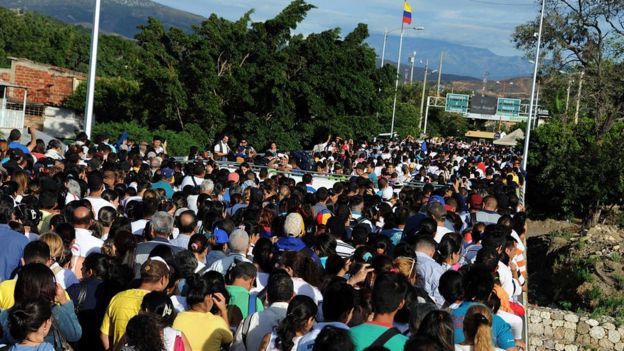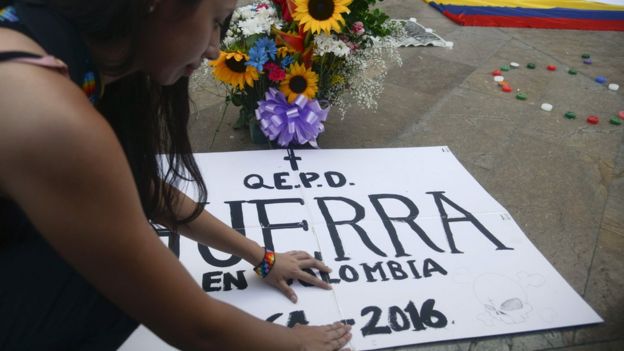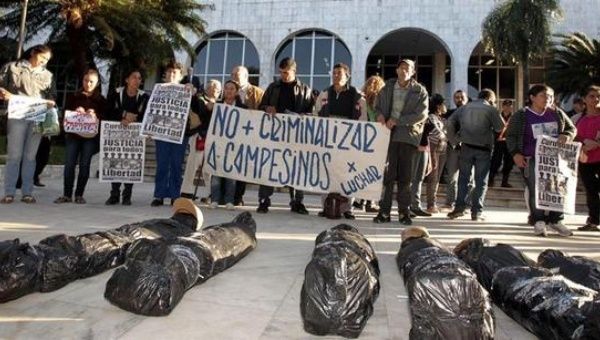By Cintia Garcia
Impunity Watch Reporter, South America
BUENOS AIRES, Argentina—Clashes ensued on Thursday when Ledesma company employees were injured by tear gas and rubber bullets fired by the Jujuy police and military forces. Wmployees protested outside the Ledesma company compound—the largest sugar mill in Argentina located in the northern providence of Jujuy.

Ledesma employees are currently on strike and as union members they voted to protest against the company’s refusal to improve work conditions and to increase their salaries by 43%. They sought the salary increase in order to counter act depreciation caused by inflation. Approximately 250 workers were demonstrating in front of the Ledesma company compound when they were met by the company’s private security. An estimated 200 police officers and border guards were called to the area. Immediately the police riot squad began to fire tear gas and rubber bullets at the employees. The police separated protestors from one another and corralled about 80 employees within company grounds. Employees claim that the police prevented city ambulance from entering the area and treating the injured.
Following the clash images and video of the violence went viral on social media. Union leaders and lawmakers denounced the actions by the local police. Victoria Donda, the chair of the Human Rights Commission of the Lower House of Congress stated in a press release, “The institutional violence is incredible and unacceptable. These who are practicing their constitutional right to protest, shouldn’t have been repressed under any circumstance.” The Center for Legal and Social studies called upon the governor of the region, Gerardo Morales to prevent another situation similar to the repression endured by the employees from occurring. The Ledesma company released a statement in which they attempted to downplay the situation and claimed that the employees illegally trespassed onto their property.
Since the clash, unions and political activists in the region have joined the Ledesma company employees in solidarity and halted traffic on the National highway route 34. The union has announced more protests are to follow. Jujuy has been plagued by similar clashes between governmental forces and its citizens.
For more information, please see:
Politica Argentina—Brutal Repression en Jujuy Contra Una Protesta en Ingenio Ledesma—14 July 2015
Telesur—Policía Argentina Reprime a Trabajadores Azucareros en Jujuy—14 July 2015
Buenos Aires Herald—Force Used Against Workers’ Protest in Jujuy—15 July 2015



